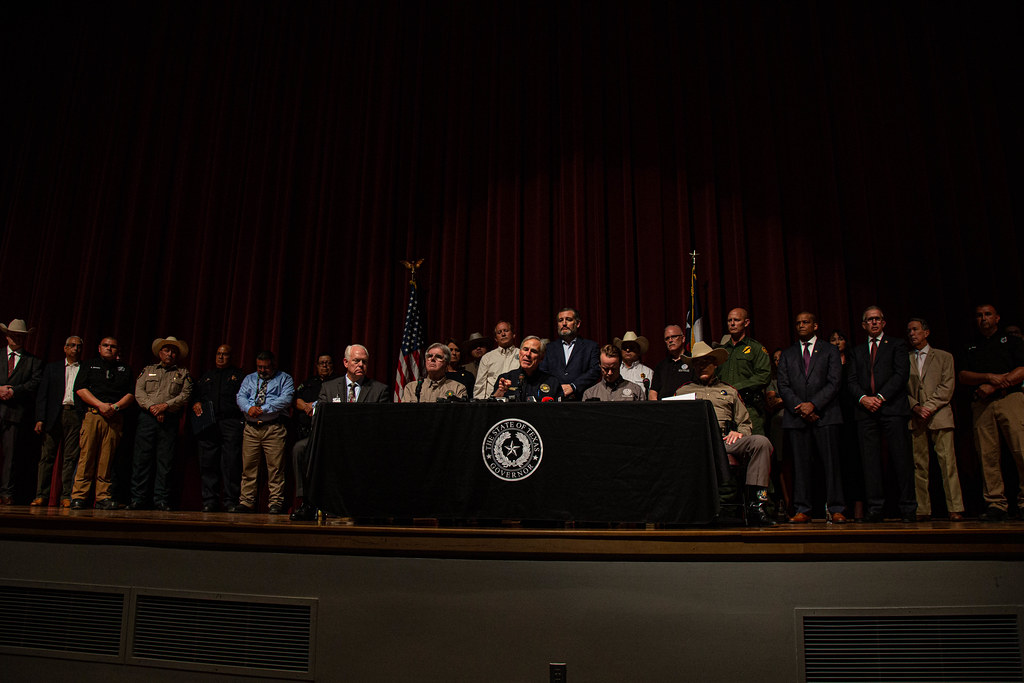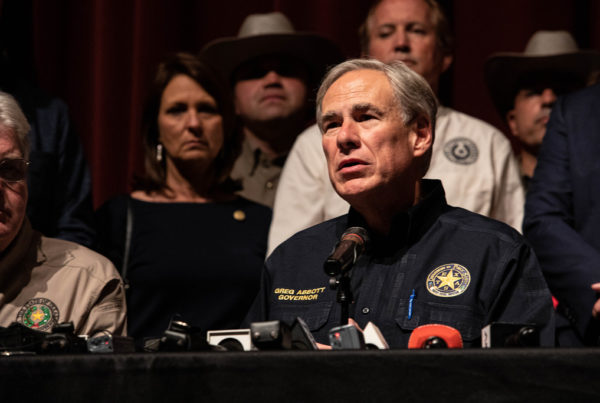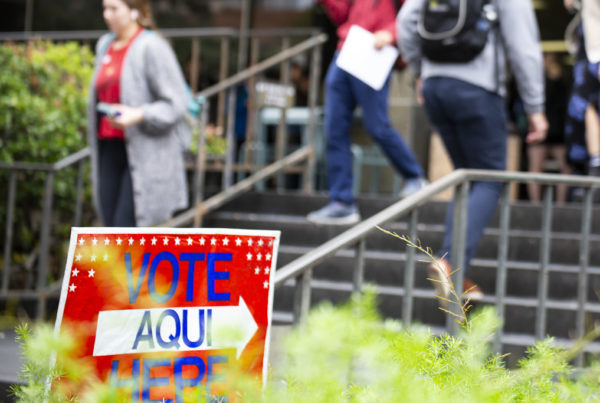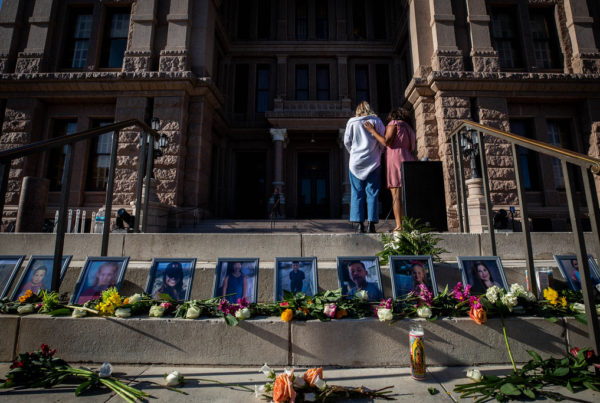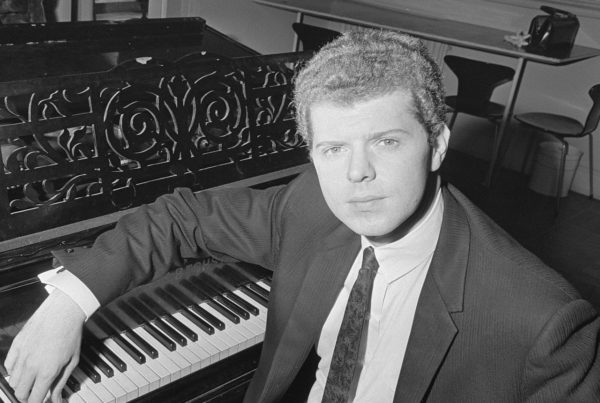Pressure is building to release more information surrounding the law enforcement response to the Uvalde mass shooting. But some are concerned Texas officials may use a legal loophole to block the release of records related to the shooting.
State law gives officials the option not to release information about suspects and cases that have not resulted in conviction or deferred adjudication. Officials have used the law to avoid providing details about suspects who died during the commission of a crime, or before trial can be completed. It’s been called the “dead suspect loophole.”
Acacia Coronado, a Texas correspondent for the Associated Press, told Texas Standard that legislators have proposed doing away with the loophole in the past. Media outlets, including the AP, have requested information about the Uvalde suspect, but it is unclear whether officials intend to honor those requests. Listen to the interview with Coronado above or read the transcript below.
This transcript has been edited lightly for clarity:
Texas Standard: What is this so-called loophole – the dead suspect loophole?
Acacia Coronado: There is a provision within Texas public information law that allows for records to be concealed if the suspect was not convicted or if the case did not reach a deferred adjudication or parole. And it’s basically meant to protect the innocent. It’s meant to protect people whose cases might have been dismissed or to protect people who might have had charges dropped so that it doesn’t follow them in the future.
Tell us how this has become an issue in the days and weeks since the Uvalde shooting.
The concern that some lawyers and advocates have voiced is that in previous cases in which a suspect is deceased, the Texas attorney general’s office has allowed under this provision for the records to be kept from the public because, technically, if a suspect is deceased, the case did not reach a conviction or a deferred adjudication.
I presume that the Associated Press and others have been trying to get more information, but officials have invoked this provision – or is this more hypothetical?
So far it is more of a hypothetical because the case is still ongoing. So this provision cannot come into play until the case is closed. But the concern is because the suspect is deceased, that this will be something that could be invoked, and would be an option to be invoked if we were to press for records after the case is closed.
Texas House Speaker Dade Phelan recently spoke out against this provision in the law, suggesting that the Texas Legislature consider a bill to get rid of it. Does it seem like he has the support of other state leaders? What sort of momentum has there been on the political level?
In 2017, 2019 and 2021, we saw attempts by Texas House Rep. Joe Moody of El Paso to amend this provision to account for cases in which the suspect is deceased, among other amendments to it in those cases. Speaker Phelan, in his position then, was in favor of amending this provision, and we have yet to see what the Legislature does in the next session. And I think once this comes up, we’ll have a clearer idea of what support exists for it.
Are there reasons to believe that the Texas Department of Public Safety or other law enforcement entities are actively trying to hide or keep details of this incident outside of public view, and that this could be something that would go on past the investigation stage?
Well, the concern right now is that there have been very conflicting accounts that have been stated by officials so far about what happened during the shooting. There have been some cases in which a statement has been made and then withdrawn even hours later. Last week, the AP, along with other media outlets, did receive a letter from a law office representing the City of Uvalde regarding some of the records that have been requested regarding the shooting and the response to the shooting. The law firm is trying to invoke several aspects of the Texas public information law, including the section that does have the provision of the “dead suspect loophole” to maintain these records concealed until we get a ruling from the Texas attorney general’s office. We don’t know yet whether that will come into play.


